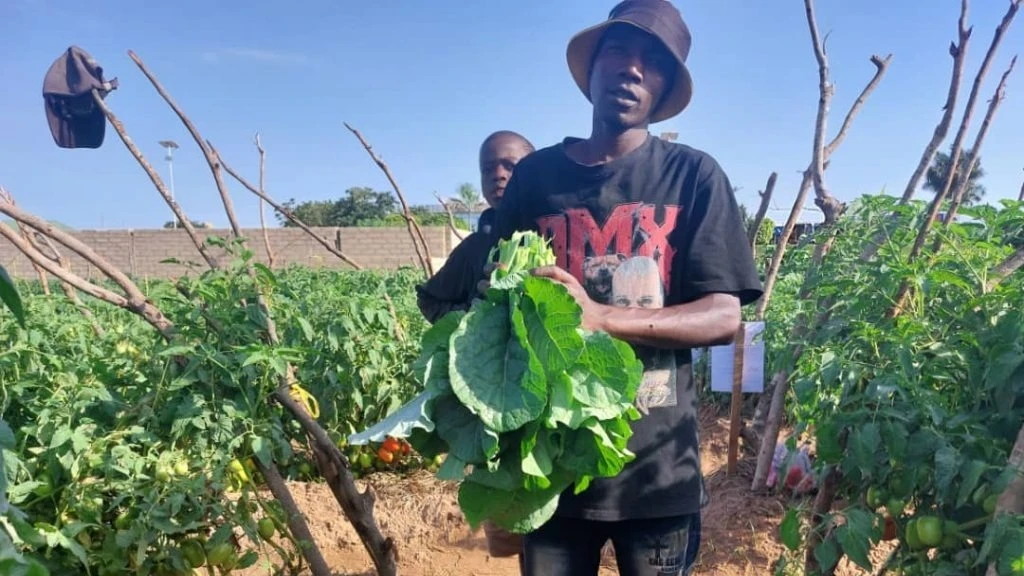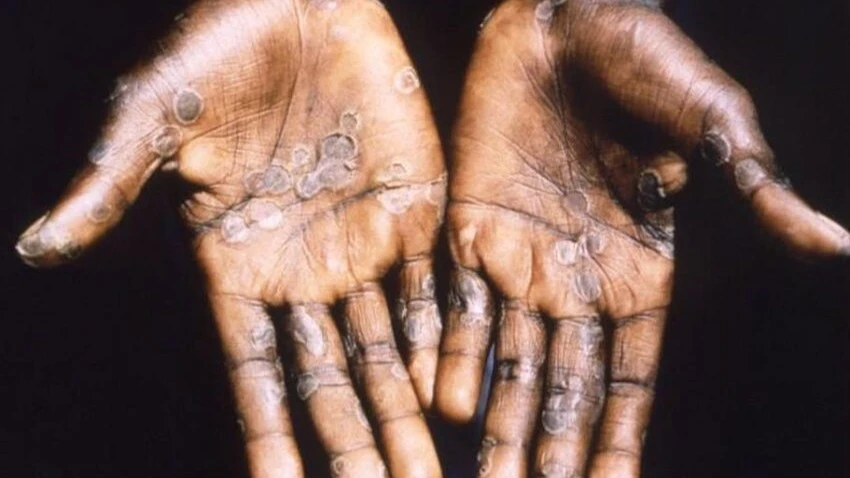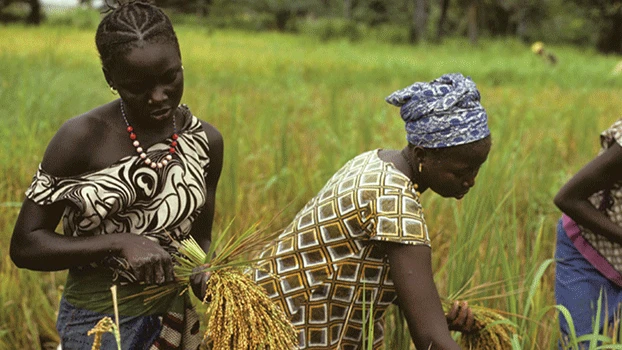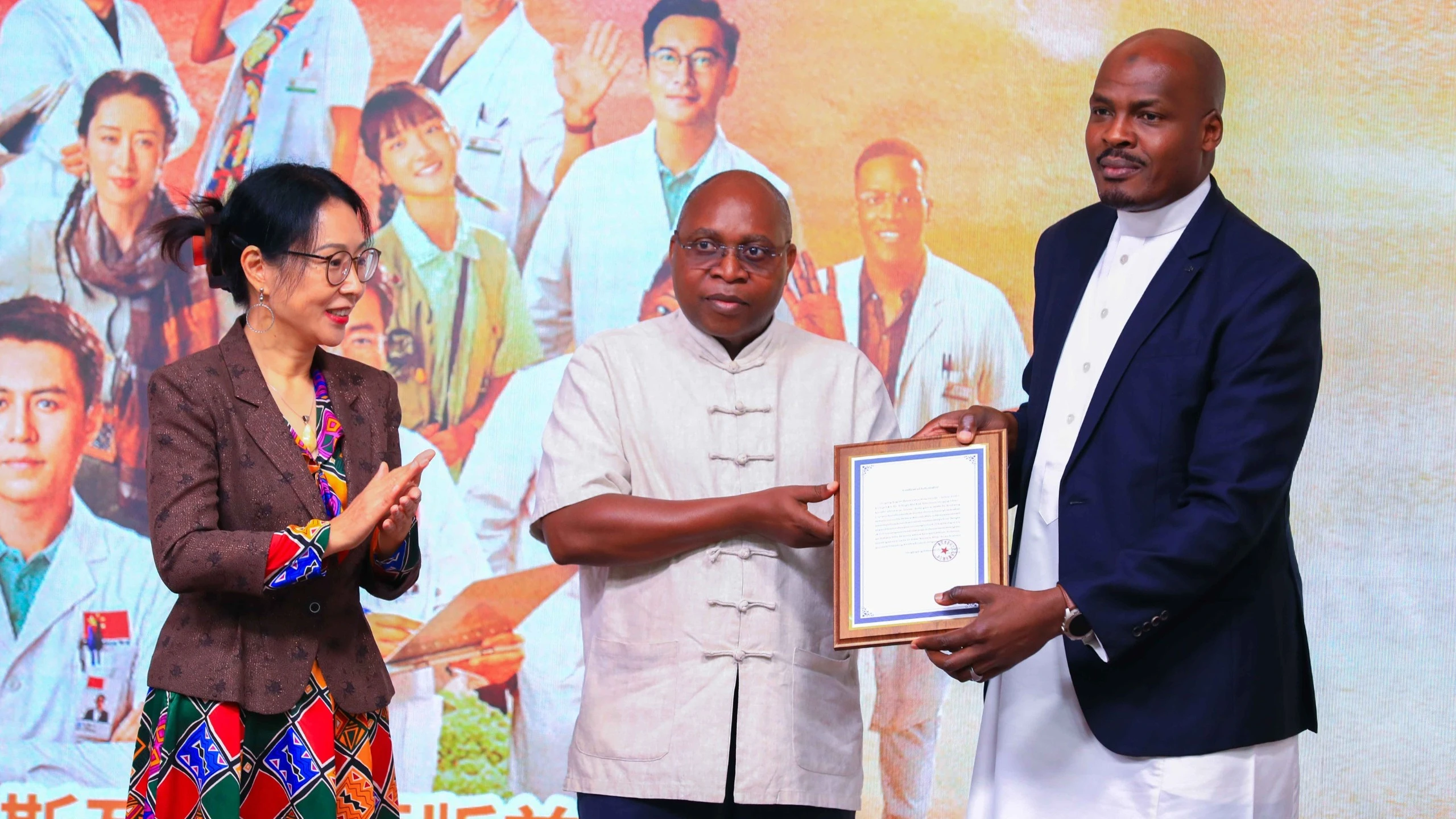'Chimpanzee conservation needs greater joint efforts’
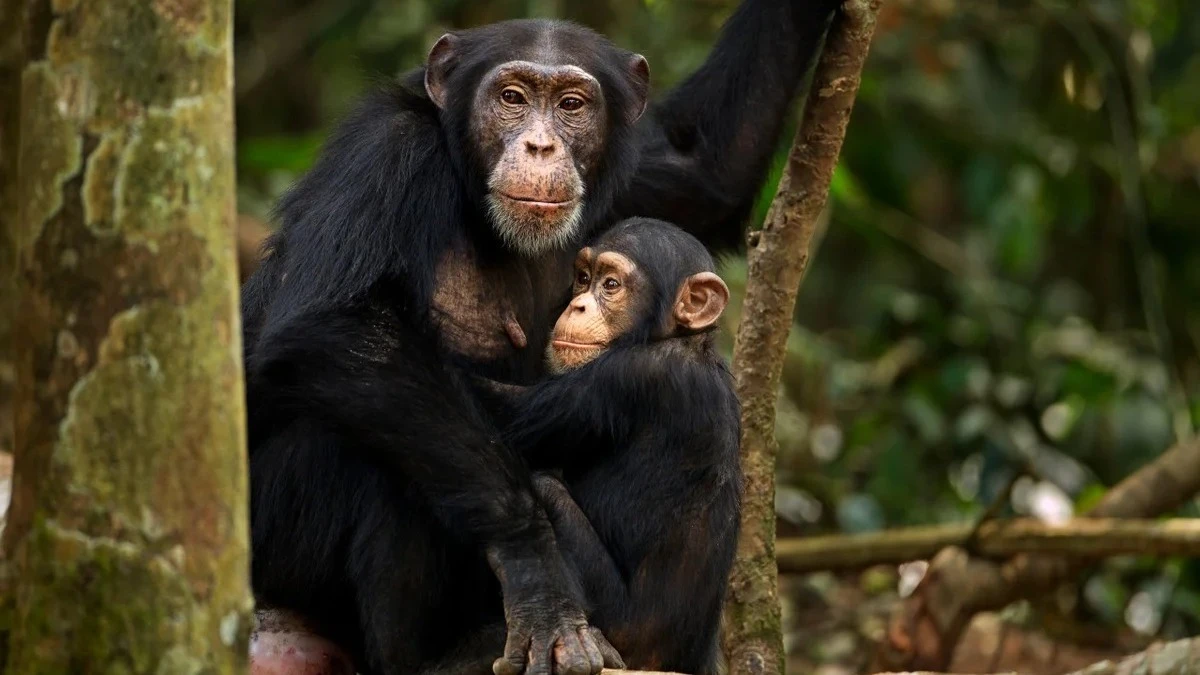
JOINT efforts between the government and key conservation organisations are needed to take chimpanzee population in the country out of danger, a key stakeholder has appealed. Dr Deus Mjungu, research director at the Jane Goodall Institute (JGI) working both from Washington DC and offices in Dar es Salaam, made the call in the city yesterday when a JGI team visited the Tanzania Commission for Science and Technology (COSTECH).
Back in November 2023 the United States Agency for International Development (USAID), JGI and the government signed on a ‘hope through action’ project intended to take the chimpanzee population at Gombe National Park out of danger, among other things.
“Funded by the American people, in part through USAID’s Gender Equity and Equality Fund, the project will be locally managed and led by the Tanzanian chapter of Jane Goodall’s namesake organization,” a statement from JGI in Washington DC had indicated, asserting that the project will build on 20 years of USAID-JGI’s partnership for sustainable development, habitat restoration and protection work in the ecological area.
The visit was conducted ahead of the World Chimpanzee Day on July 14, to underline the need for renewed and robust strategies to protect the vital chimpanzee colonies.
Experts say the unique animals in the park face an existential threat.
From around 150 chimpanzees in the 1960s, the total population in Gombe National Park has declined down to 85 on account of disease outbreaks and human activities within the park, the conservators noted in the past week.
Conservation efforts are linked with the work of legendary primatologist Dr Jane Goodall, whose research offered what experts say are “invaluable insights into human evolution and behaviour.”
The JGI director has a track record of 65 years in studying the behaviour and lives of Gombe’s chimpanzees, and worries over the last remaining habitats for wild chimpanzees globally.
From 20 to 150 chimpanzees in the park in past decades as the research began, their numbers have dropped largely due to respiratory diseases transmitted through interactions with humans, he said.
Previously the forest provided abundant food for the chimpanzees, keeping them within the park, he said, noting that with rising human activities, they are being pushing to venture outside in search of food.
This exposes the animals to the danger of contracting diseases by proximity with other species, hence the need for educating communities on environmental conservation natural resource management and.
“We are collaborating with local government authorities to raise awareness for the park’s conservation,” he said, stressing the need to create a forest corridor from the park’s north to south near Burundi.
This will facilitate genetic exchange among chimpanzees in neighbouring areas, he stated, explaining that this approach would protect diverse chimpanzee populations and prevent extinction caused by genetic homogenization.
Safeguarding the park demands intense control of human activities as this not only benefits other wildlife but also ensures that future generations can witness wild chimpanzees, he emphasized.
Institute founder Dr Goodall said the entity was closely working with the government to address conservation threats through science and technology, along with providing education on the unique natural resource and its environmental needs.
As the human population increases and forests decrease, large numbers of chimpanzees are divided, shrinking their genetic diversity, she said, pointing at the need for focusing on actions that not only protect endangered animals and their habitats, but also benefit the local people whose lives depend on a healthy environment.
Dr Amos Nungu, the COSTECH director general, acknowledged the longstanding chimpanzee research initiated by Dr Goodall, who now celebrates her 90th birthday.
“Today, researchers from Gombe National Park have visited us,” he stated, noting that their extensive research has significantly influenced global perceptions of human-animal interactions.
Chimpanzee research is among the studies approved and funded by COSTECH for local researchers and college studies, he added.
Top Headlines
© 2024 IPPMEDIA.COM. ALL RIGHTS RESERVED









